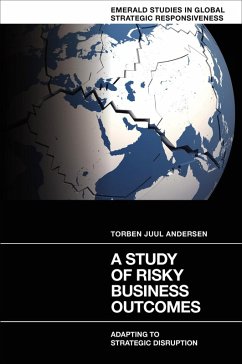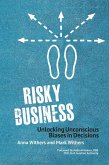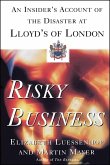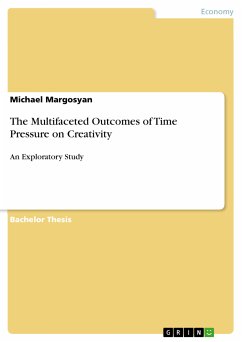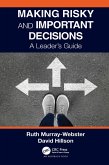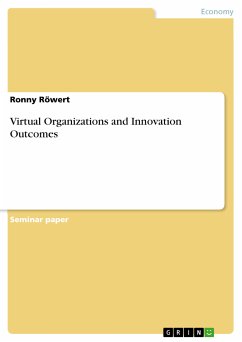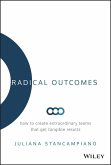Contemporary firms face complex dynamic environments notoriously difficult to predict, even impossible to foresee, where extraordinary events can inflict major disruptions. Interactive collaborative decision processes appear as better drivers of strategic adaptation. Yet, firms show vastly different ways of dealing with the challenges imposed by extreme exposures as environmental conditions change.The research presented here is developed from analyses of extensive European and North American datasets (1995-2019) spanning periods of economic expansion, recession, and recovery and explores how firms manage in a world with extreme exposures and how their failure and success affect the distribution of financial returns. Refined analyses show how left-skewed returns are associated with negative risk-return relations where high-performers generate better average returns at lower levels of risk. These results can also derive from firms with heterogeneous adaptive capabilities, which we model and use in computational simulations to show how it produces negatively skewed performance distributions and inverse risk-return outcomes.;The Emerald Studies in Global Strategic Responsiveness aspires to disseminate new inspiring research insights as a potential catalyst for the development of effective approaches to deal with the exposures imposed by dynamic complexities in the global business environment.
Dieser Download kann aus rechtlichen Gründen nur mit Rechnungsadresse in A, B, BG, CY, CZ, D, DK, EW, E, FIN, F, GR, HR, H, IRL, I, LT, L, LR, M, NL, PL, P, R, S, SLO, SK ausgeliefert werden.

